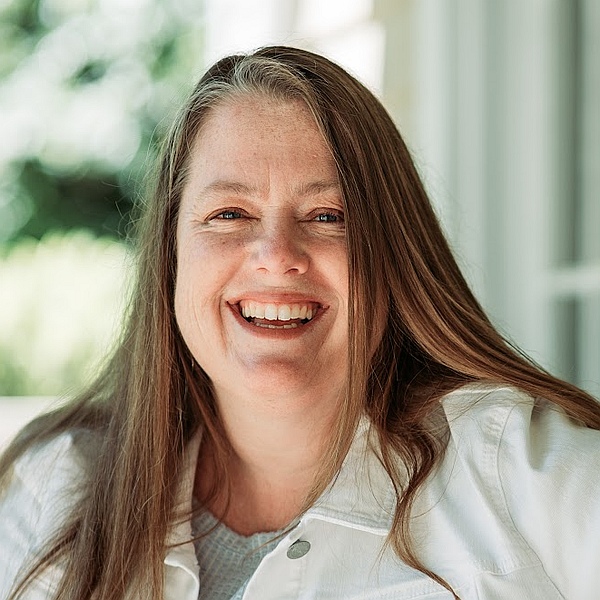Trauma and Friendship: 3 Ways One Impacts the Other
If you have been through trauma, whether as a child or as an adult, you might recognize symptoms such as loss of hope, fear of the future, and a preoccupation with death either of oneself or a loved one. These can be related to physical trauma or trauma associated with grief and loss. But even psychological trauma, such as what can result from emotional neglect, impacts bonds typically formed in friendship. Huntington Beach Christian Counseling offers a safe space to process trauma and rebuild meaningful connections.
What is trauma?
The American Psychological Association defines trauma as “an emotional response to a terrible event like an accident, rape or natural disaster.”
Trauma can be caused by a one-time event or by a series of events and circumstances. A person can undergo childhood trauma due to situations beyond his control, such as experiencing homelessness and food insecurity or witnessing abuse in the home. A pattern of trauma responses can be immediate and long-lasting.
What are short-term trauma responses?
Immediate responses to trauma include shock, denial, and a refusal to believe new ways of life are possible. These responses may last anywhere from a day or two to weeks or months after the event(s) occurred.
Long-term trauma responses.
Long-term trauma responses may be more relational. If a person who lost her mother as a young child struggles to bond with females, this could be a result of trauma. Other long-term responses may be depression, fear of future loss that impacts a person’s willingness to be vulnerable, and physical symptoms such as headaches and nausea.
How do trauma and friendship interact?
Experiencing trauma doesn’t necessarily mean you will always struggle to form friendship bonds. However, some research suggests that those who experience post-traumatic stress disorder may be slower to form attachment bonds because of it.
Getting help early from a trained, trusted professional counselor can be an asset to anyone who has experienced trauma. Friendships can thrive post-trauma if a person can overcome and move forward after the traumatic event has taken place. New studies show that adult friendships may even help a person recover from trauma.
Here are three ways that trauma impacts friendship and friendship impacts trauma recovery.
1. Trauma can make a person feel isolated if he or she doesn’t know anyone else who has experienced trauma.
Trauma impacts everyone differently. Our responses to it are largely determined by our personalities and wiring, our health history, and our support from friends and family. When someone, particularly children and teens, goes through something traumatic, they can naturally separate themselves from others – thus struggling to bond and form friendships – out of fear of being different or not being able to relate to other kids and teens.
2. Trauma can make everyday life difficult and turn grief into complex grief over time.
If a person is impacted by a traumatic event where they lost a loved one, such as in a car accident where a family member died, it’s essential to understand the signs of post-traumatic stress disorder. Seeking treatment as early as possible is important. Research shows that untreated PTSD can result in complex grief. This can disrupt a person’s daily rhythms, making it tough to work, study, or share common experiences with friends.
3. Friendship can bring healing to those who suffered childhood trauma.
Studies suggest that forming friendships in later adult life keeps a person’s immune system healthy. But these friendships can also bring healing and hope to those who have undergone trauma early in life. If you have noticed that a traumatic event has impacted your friendships, contact one of our offices today. A licensed counselor at Huntington Beach Christian Counseling can help you on the journey toward healing and wholeness.
“Sitting by the Sea”, Courtesy of Joshua Sazon, Unsplash.com, CC0 License; “Beach Party”, Courtesy of Toa Heftiba, Unsplash.com, CC0 License






